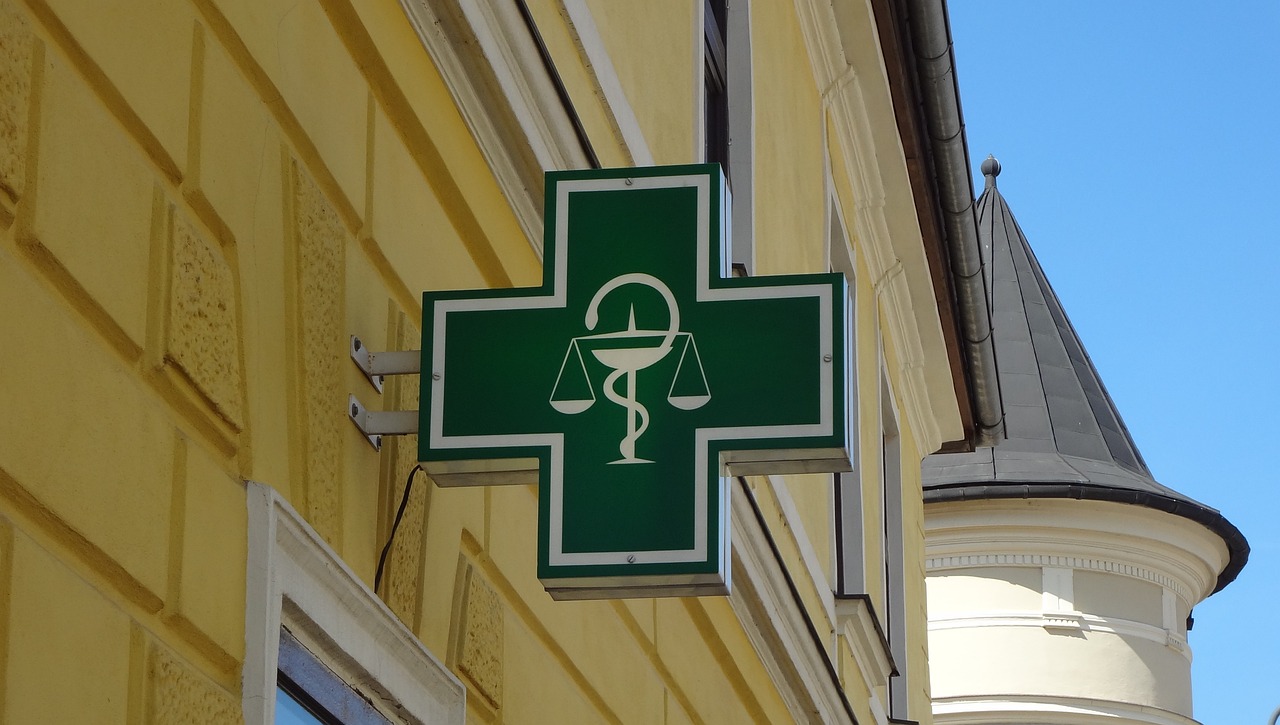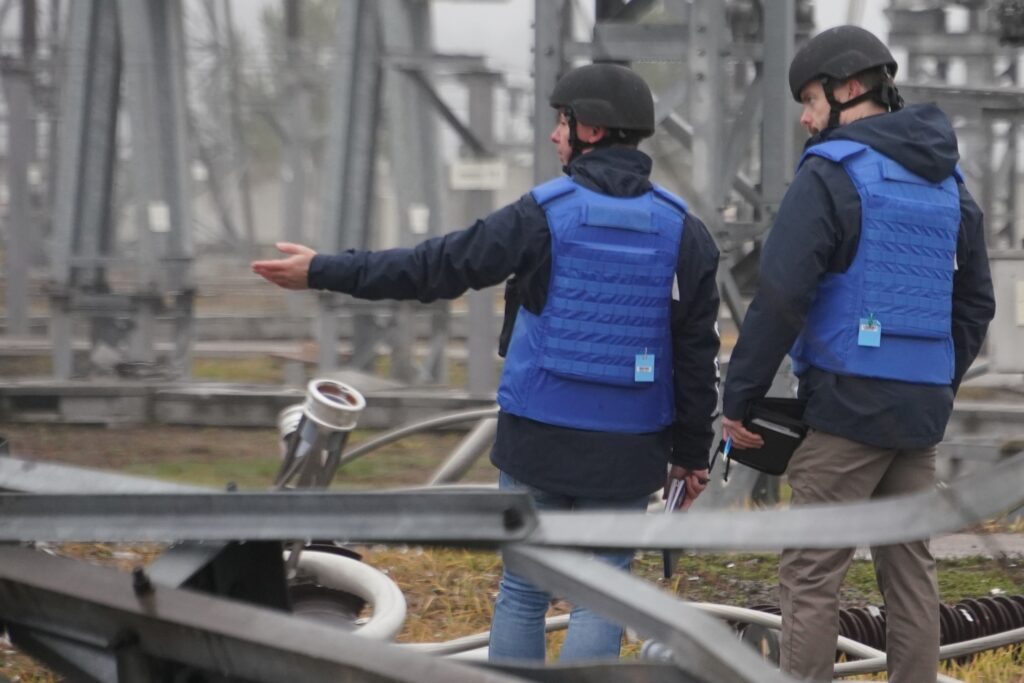The AMCU has taken on the largest pharmacy chains: restrictions on sales of Ukrainian medicines are suspected
3 October 2025 16:27
The Antimonopoly Committee of Ukraine (AMCU) has launched a case against 155 companies that are part of the five largest pharmacy groups in the country. These are the ANC, Dobroho Dnia , 9-1-1, Podorozhnyk, and Zdorovye chains, [ komersant] reports.
The Committee suspects that these companies may have concertedly restricted sales of certain Ukrainian-made medicines, which could distort competition in the pharmaceutical market.
Market size
According to the AMCU, as of July 2025, the five largest pharmacy chains
- controlled 64% of the retail turnover of medicines,
- owned 42% of pharmacy outlets in Ukraine, i.e. 7742 outlets.
The regulator believes that such concentration gives these chains significant market power and allows them to determine the terms of sales.
What isthe essence of the suspicions
Since February 2025, the Committee has recorded a decrease in sales of medicines from three Ukrainian manufacturers in chain pharmacies, despite the stable demand for these drugs.
The AMCU notes that the reduction was not due to a real lack of demand, but to an artificial limitation of their presence on the shelves.
Such actions, likely coordinated between the chains, may lead to the displacement of domestic producers and reduce competition.
What the AMCU says
“The aggregate market share of pharmacy chains is quite significant. This creates signs of market power and the ability to significantly influence the conditions of goods turnover,” the committee said in a statement.
The AMCU is currently investigating the circumstances and checking possible anticompetitive behavior of pharmacy groups.
Thus, in August 2025, the State Service of Ukraine on Medicines and Drugs Control conducted an inspection of the largest network “Podorozhnyk ” for compliance with the license conditions.
In June, the Antimonopoly Committee imposed a fine of more than UAH 4 billion on distributors BaDM and Optima-Pharm for anticompetitive actions.
The market is also experiencing a shortage of pharmacists: in many pharmacies, medicines are sold by people without special education, which creates additional risks for consumers.









